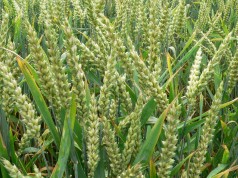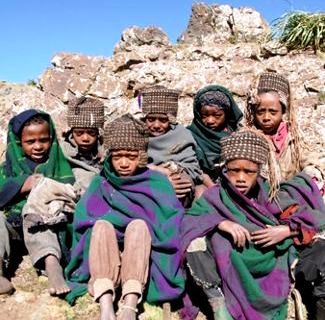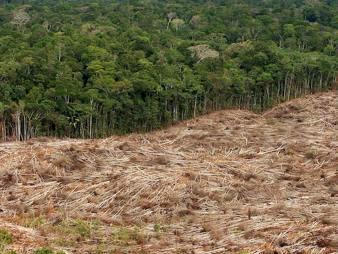About TEEB
The Economics of Ecosystems and Biodiversity (TEEB) is a global initiative focused on drawing attention to the economic benefits of biodiversity. Its objective is to highlight the growing cost of biodiversity loss and ecosystem degradation. TEEB presents an approach that can help decision-makers recognize, demonstrate and capture the values of ecosystems and biodiversity, including how to incorporate these values into decision-making.
About the TEEB Scoping Study
The launch of the TEEB study reports in 2010 raised the interest of policy-makers about biodiversity and ecosystem service valuation. Since then numerous countries have expressed interest in carrying out TEEB studies.
A TEEB country study is an in-depth examination to identify ways to work with nature to meet specific policy priorities and thematic concerns of the country. Within a TEEB country study, ecosystem services that are vital to meeting a country’s policy priorities are identified and examined in detail, and recommendations are made so that these services can be internalized into policies.
TEEB proposes a three-tiered approach that helps decision-makers recognize, demonstrate and capture the value gained from ecosystems services and biodiversity, in order to support decision-making and to promote sustainable use. In so doing, TEEB acknowledges the plurality of values which include monetary, non-monetary, ethical and aesthetic values that people hold for nature.
A TEEB country study helps to answer the following questions:
- What is the natural capital in your country and what is driving change?
- Do we measure and understand our natural capital?
- To what extent are the values of nature integrated in decision-making?
- What are the issues that need policy attention?
- What are the policy tools and decision options that offer solutions?


















